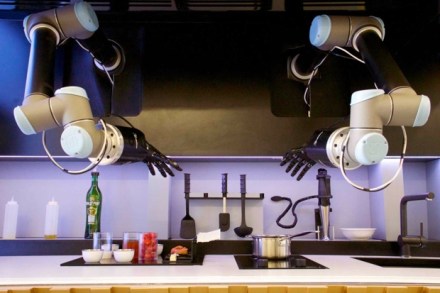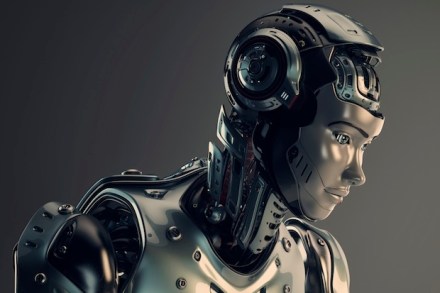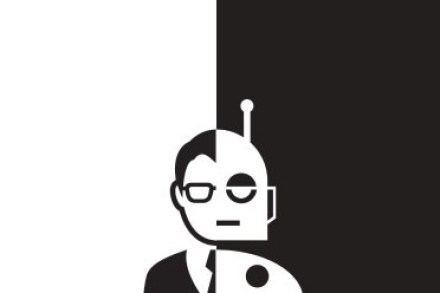Letters | 21 January 2016
Bureaucratic tyranny Sir: As James Forsyth points out (‘Scary Monsters’, 16 January), David Cameron and other ‘In’ campaign supporters wish voters to base their decision on the short term, as this enables them to highlight the uncertainty and fear factor. But this vote is about the long term, and in 20 years’ time one thing is certain: the ‘ever-closer union’, and all that it means, will exist. What I don’t understand, and what I hope every interviewer will force him to explain, is why David Cameron believes it will be better for Britain to be increasingly ruled by the bureaucratic tyranny that is the EU. Robin Grist Corton, Wiltshire Doctors








